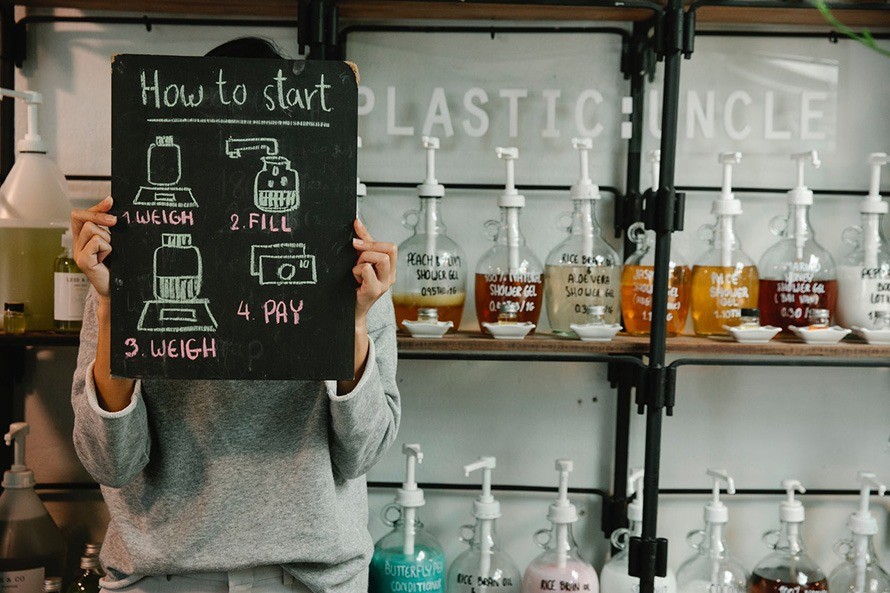Businesses that do good don’t go unnoticed.
In our Gen Z & Corporate Activism report we surveyed over 1000 young people aged 15 to 24 about what influences their spending habits and 86% said they’re willing to shell out more more on a product or service if it shares their social and environmental concerns.
This means if something isn’t tested on animals or mummy-wrapped in plastic for example. It’s these things which make a young person open or close their wallet. It’s the difference between being looked at and being taken off the shelf. It’s what gets a product checked out online verses being a closed tab.
So here’s what Gen Zs say they are most concerned about when buying something.
66% said animal welfare
Animal welfare involves fair treatment of animals in the making of products and services. For some, this can also mean veganism.
“Places like Lush, who don’t test on animals, are my favourite kinds of stores because of their vocalness on social issues,” a 15-year-old female from Queensland said.
A 21-year-old female from Queensland said, “When I buy meats/animal products, I try to be as ethical as possible. For example, cage free, local, waste free.”
60% said sustainable packaging
Sustainable packaging avoids plastic and encourages the use of sustainable materials instead like paper which are recyclable or biodegradable.
A 16-year-old female from NSW said, “My increasing awareness of how desperate the fight for saving our ocean has made me much more conscious of the plastic I buy, and so I’m working towards being as plastic free/ethical with my purchases as I can. Businesses need to have a massive overhaul in how they package everyday goods.”
And as this 21-year-old female from Queensland said, “No more styrofoam, don’t wrap my fresh produce in cling film (EVER).”
48% said organic products
While organic certification standards vary worldwide usually they are products that avoid harmful chemicals in production.
Gen Z are savvy about this. A 22-year-old female from South Australia said, “It’s deceiving how many brands label their foods as ‘healthy’ when there’s nothing healthy about processed and unnatural foods… People really need to start reading the ingredients list and understand what it means.”
But there is a cry from young people for more affordable organic products.
“I generally buy organic food unless they are much more expensive than the others,” a 19-year-old female from Tasmania said.
43% said locally sourced
Locally sourced means ingredients and materials produced nearby which impacts freshness and support of the local economy.
A 15-year-old female from Queensland said, “I only buy fresh produce from my local farmers markets, so I know I’m supporting local and I get a much better experience than Coles or Woolworths, at a cheaper price, in a much more multicultural community.”
42% said Sustainable Production
Sustainable production is marked by a business’s ongoing positive impact on its workers, community, environment and customers through the way it produces what it sells.
An 18-year-old female from NSW wants society to move away from fast fashion and to concentrate more on quality materials instead.
“While they may have to be a little more costly to the consumer and in manufacturing, it will last longer and in the long run impact the environment less and save money and materials,” she said.
41% said working conditions
Good working conditions include equal pay, mentorship, supporting mental health, and welcoming diversity from race to gender and physical abilities.
A 16-year-old male from Western Australia said, “If a business can prove their products are made sustainably in fair working conditions I am far more likely to buy their products.”






